A recent study has revealed that human stem cells experience accelerated aging when exposed to the conditions of spaceflight. Researchers focused on hematopoietic stem and progenitor cells (HSPCs), which are responsible for producing blood and immune cells, and discovered that microgravity and cosmic radiation in space can cause significant cellular changes.
Accelerated Aging in Space
Stem cells sent to the International Space Station for 32 to 45 days exhibited several signs of premature aging:
- Increased Cell Activity: The cells became hyperactive, depleting their reserves and losing their ability to rest and regenerate efficiently.
- Genetic Damage: Telomere shortening and mutations linked to blood disorders were observed, signaling accelerated cellular aging.
- Mitochondrial Stress: Dysfunction in mitochondria, the cell’s energy generators, was noted, which is closely tied to aging and disease.
These findings suggest that spaceflight environments place extreme stress on stem cells, potentially compromising their regenerative capabilities.
Health Implications for Astronauts
The accelerated aging of stem cells could have profound implications for astronauts on long-duration missions, such as trips to Mars. Since HSPCs are vital for maintaining a healthy immune system and producing blood cells, their dysfunction could weaken the body’s ability to fight infections, recover from injury, or sustain overall health during extended missions.
Understanding these effects is essential for developing strategies to protect astronauts’ health, including potential medical interventions or lifestyle adaptations to mitigate the impact of microgravity and cosmic radiation.
Future Research Directions
Further studies are needed to explore the mechanisms behind stem cell aging in space. Researchers are looking into:
- Protective Strategies: Developing pharmaceuticals, supplements, or genetic approaches to safeguard stem cells in space.
- Long-Term Effects: Investigating the impact of space-induced aging on overall health and longevity.
- Broader Applications: Studying other cell types and organisms to determine if these effects are universal in space environments.
As space missions become longer and more ambitious, understanding how the human body reacts to extraterrestrial conditions is crucial. This research not only informs space exploration but could also provide insights into aging and regenerative medicine on Earth.

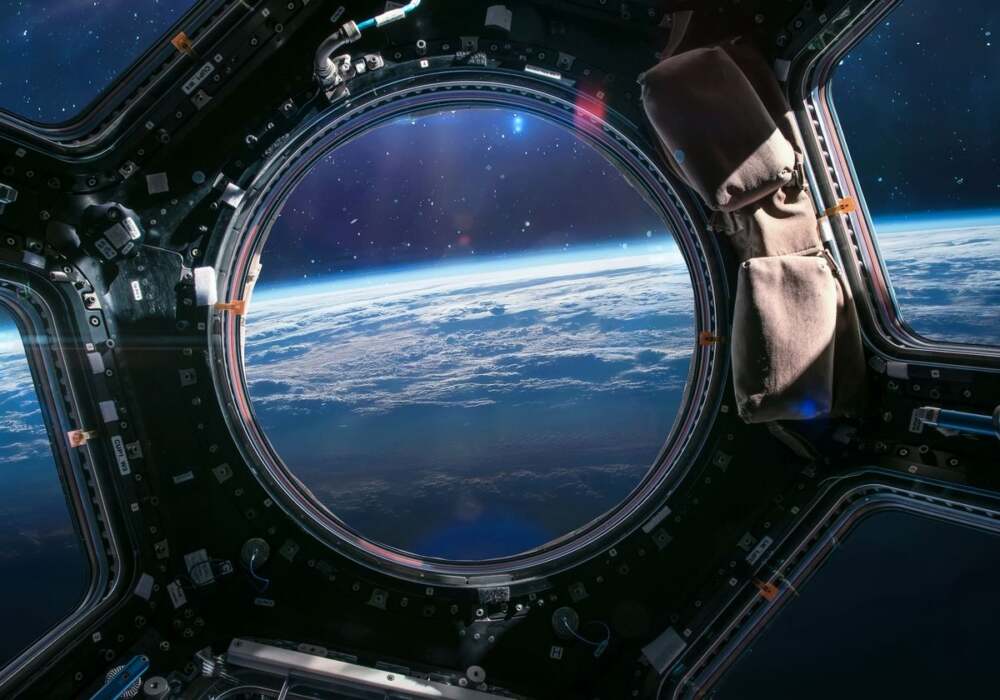




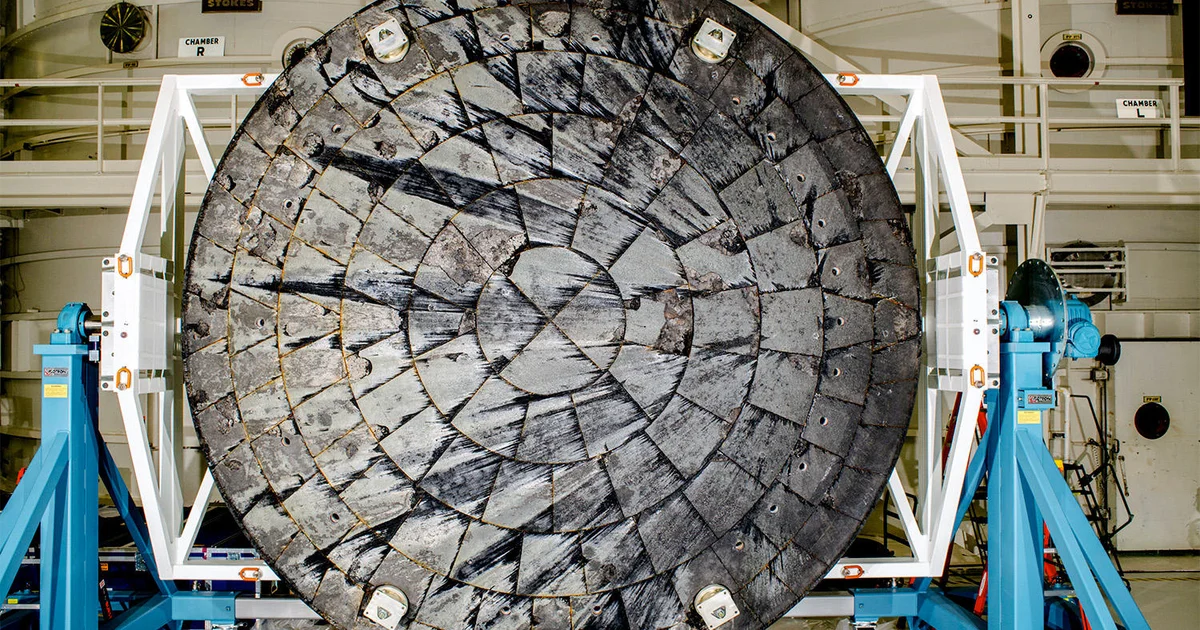
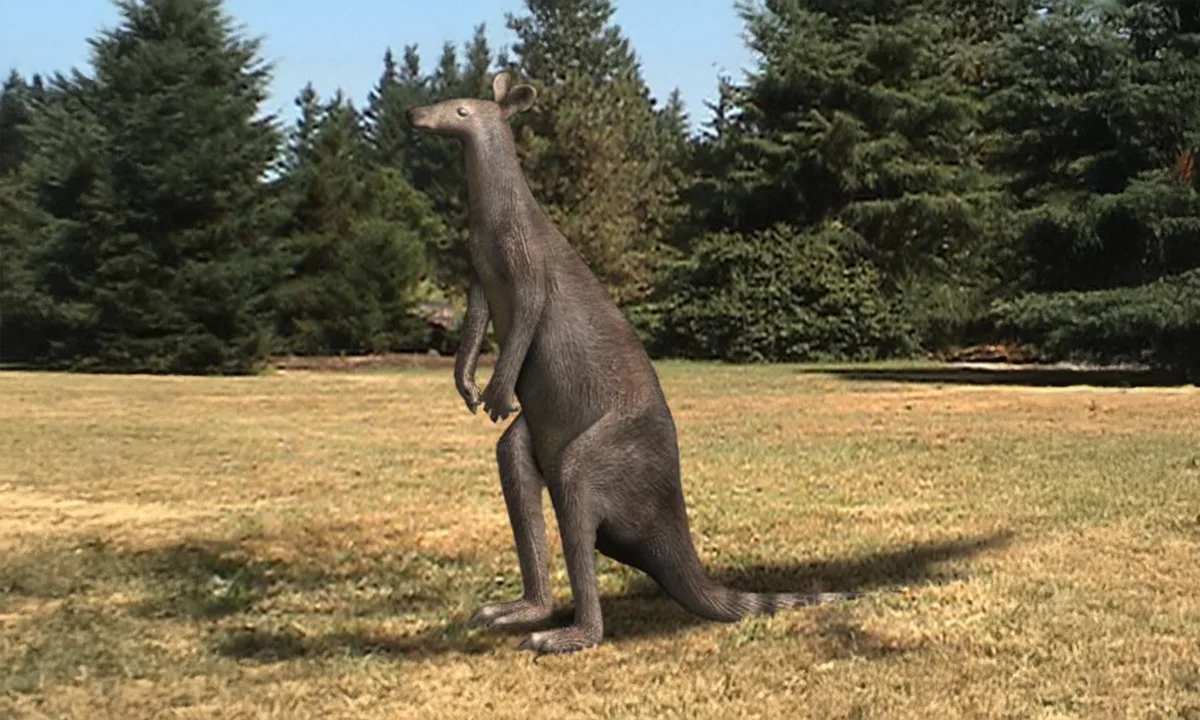


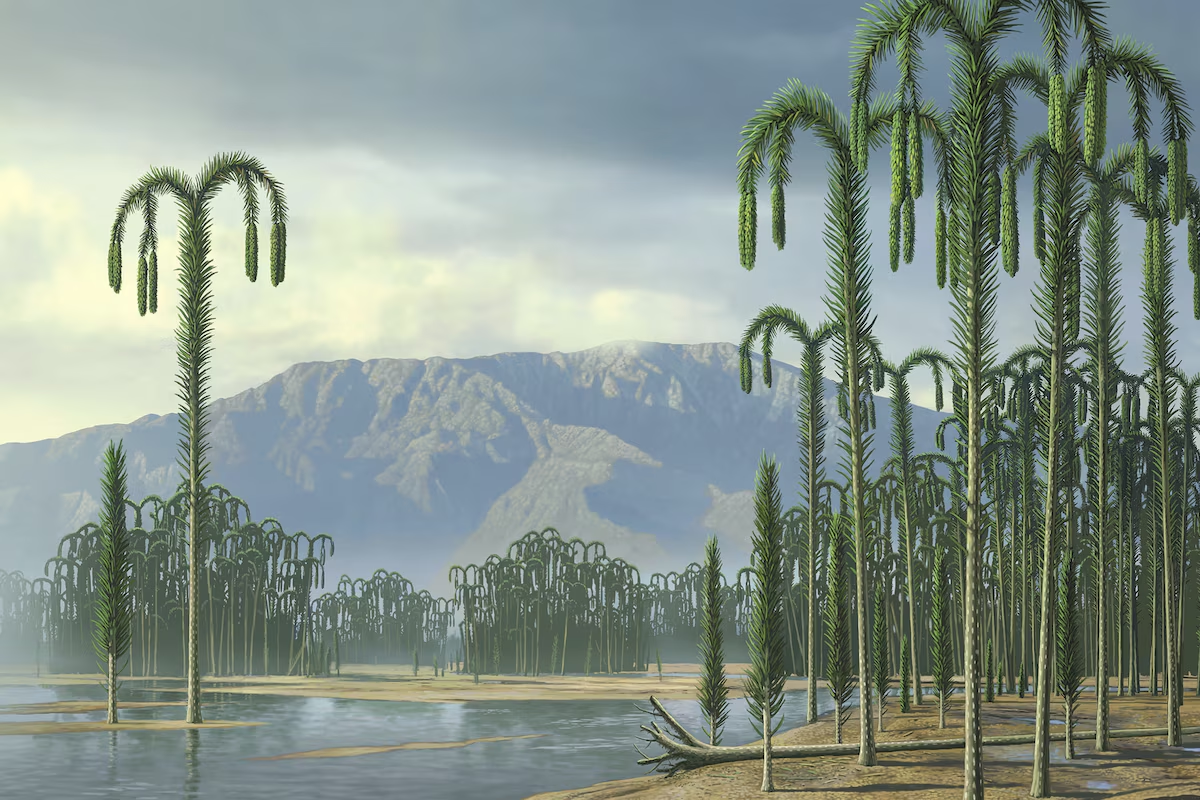
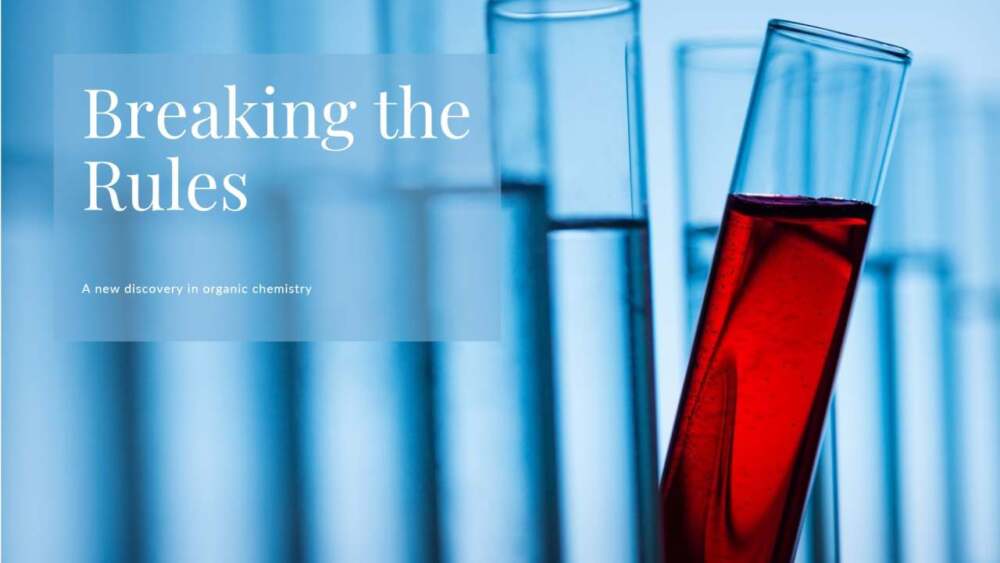

Leave a Reply